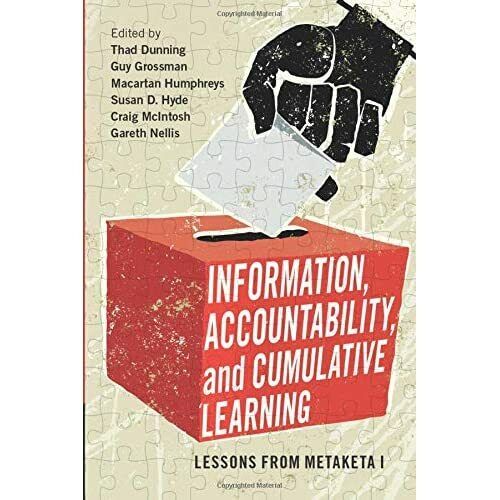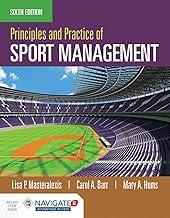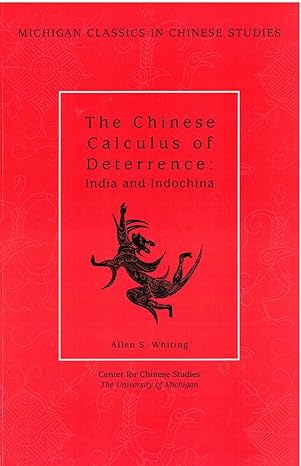Go back


Information Accountability Cumulative Learning Lessons From Metaketa 1(1st Edition)
Authors:
Gareth Nellis, Susan D. Hyde, Guy Grossman, Thad Dunning, Craig Mcintosh, Macartan Humphreys

Cover Type:Hardcover
Condition:Used
In Stock
Shipment time
Expected shipping within 2 DaysPopular items with books
Access to 30 Million+ solutions
Free ✝
Ask 50 Questions from expert
AI-Powered Answers
✝ 7 days-trial
Total Price:
$0
List Price: $61.00
Savings: $61(100%)
Solution Manual Includes
Access to 30 Million+ solutions
Ask 50 Questions from expert
AI-Powered Answers
24/7 Tutor Help
Detailed solutions for Information Accountability Cumulative Learning Lessons From Metaketa 1
Price:
$9.99
/month
Book details
ISBN: 1108435041, 9781108435048
Book publisher: Cambridge University Press
Get your hands on the best-selling book Information Accountability Cumulative Learning Lessons From Metaketa 1 1st Edition for free. Feed your curiosity and let your imagination soar with the best stories coming out to you without hefty price tags. Browse SolutionInn to discover a treasure trove of fiction and non-fiction books where every page leads the reader to an undiscovered world. Start your literary adventure right away and also enjoy free shipping of these complimentary books to your door.
Book Summary: Throughout the world, voters lack access to information about politicians, government performance, and public services. Efforts to remedy these informational deficits are numerous. Yet do informational campaigns influence voter behavior and increase democratic accountability? Through the first project of the Metaketa Initiative, sponsored by the Evidence in Governance and Politics (EGAP) research network, this book aims to address this substantive question and at the same time introduce a new model for cumulative learning that increases coordination among otherwise independent researcher teams. It presents the overall results (using meta-analysis) from six independently conducted but coordinated field experimental studies, the results from each individual study, and the findings from a related evaluation of whether practitioners utilize this information as expected. It also discusses lessons learned from EGAP's efforts to coordinate field experiments, increase replication of theoretically important studies across contexts, and increase the external validity of field experimental research.
Customers also bought these books
Frequently Bought Together
Top Reviews for Books
Jena saler
( 5 )
"Delivery was considerably fast, and the book I received was in a good condition."










